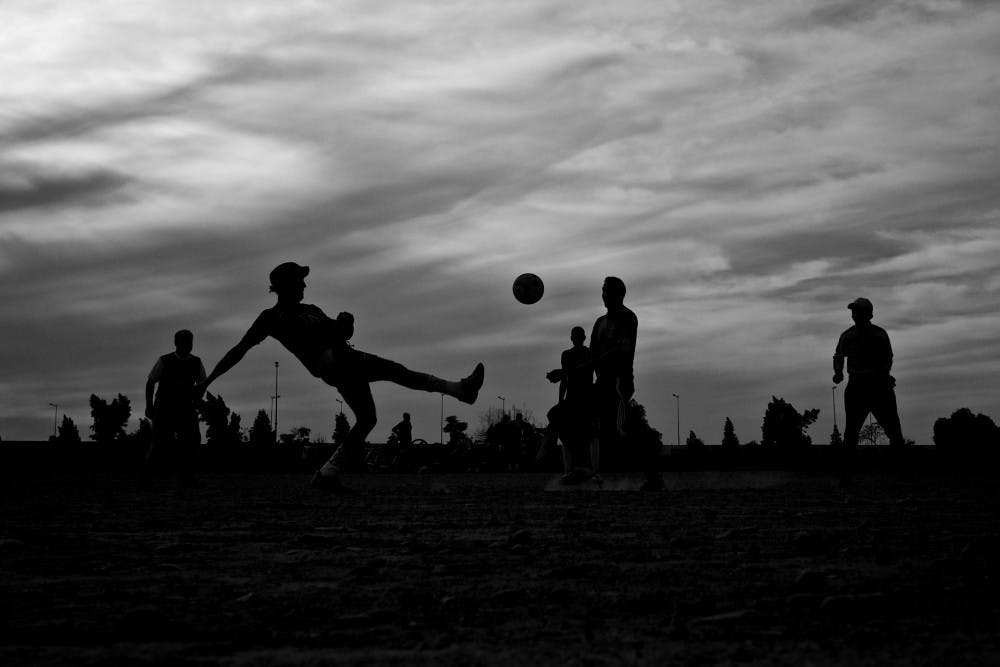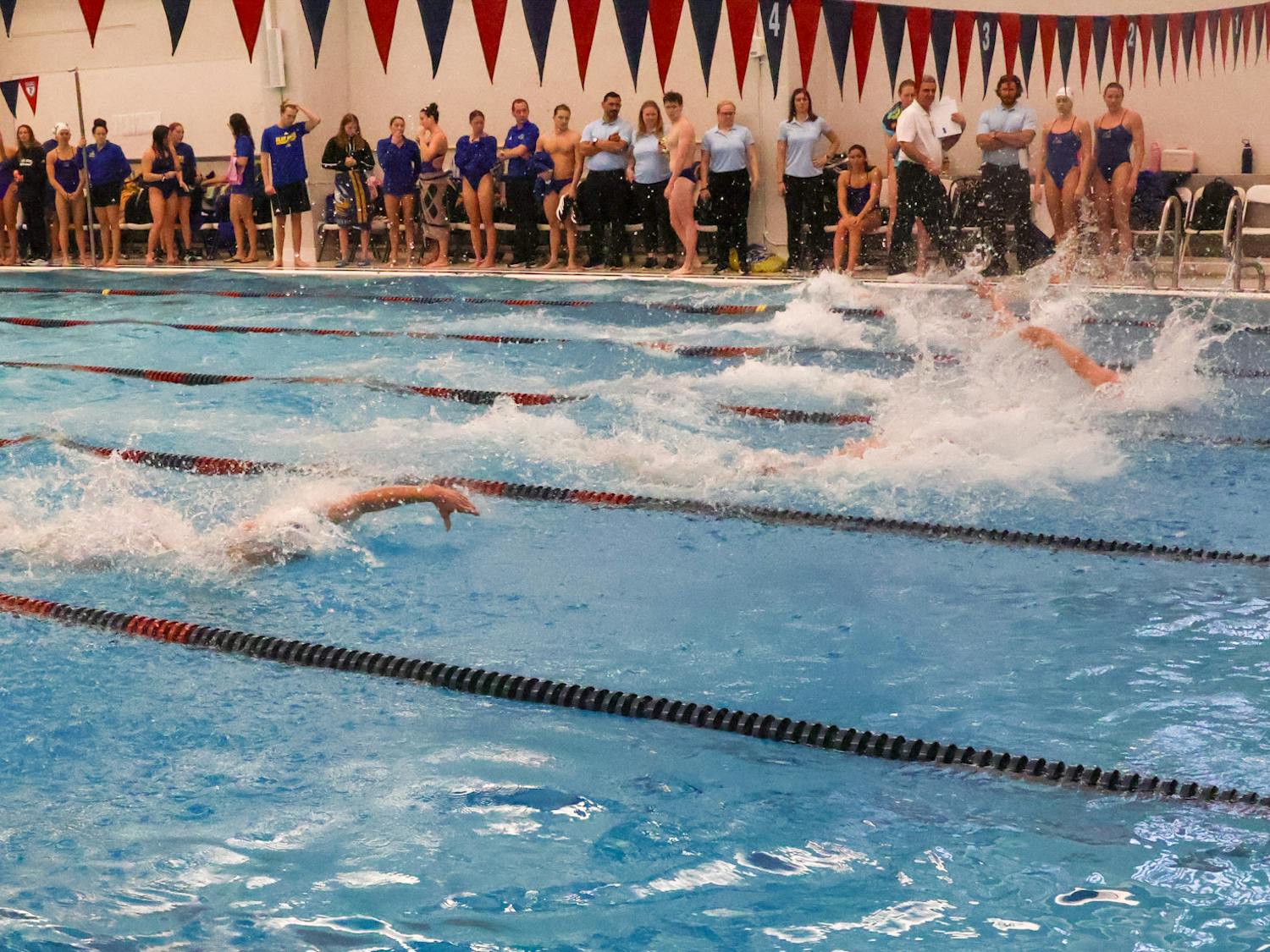It’s hard to talk about such an incendiary issue, but I thought it was about time to break the silence.
Teams across the Ivy League have been finding themselves in trouble for a month now in what has become a trend of racist, sexist, or even xenophobic (sound familiar?) GroupMe’s and Google Docs.
First it was Harvard men’s soccer. Then Harvard men’s cross country. Then Columbia wrestling. For some reason, this problem seems to be particular to men.
Don’t get me wrong — I know that in every team, there is some degree of what we may now ironically call “locker room talk.” I’m not advocating for school administrations taking the role of PC-Police, quelling any scent of indecency at the first sight.
But there’s a line. And too often this year, it’s been crossed.
Before I go any further, I should admit that I, too, am a member of certain group messages that sometimes flirt with such a line. I take pride in personally staying far away from it, but when my friends come close, I often can’t help but chuckle, even if I disapprove of their vulgarity. Never, though, do my friends cross the line that some of the Ivy League’s athletic teams have this semester.
Let’s take a look at each case individually.
We started off a little over a month ago with Harvard men’s soccer. As a yearly tradition, the team would create a “scouting report” of the newest freshmen on the women’s team. Instead of admiring their talent, the men took to a Google Doc and rated their appearance instead.
Honestly, that’s fine — it really isn’t admirable, but as long as they had kept it private to themselves and didn’t build upon mere ratings, it wouldn’t have been a story.
Too bad they didn’t. In a stroke of sheer idiocy, ignorance, or indifference, the team’s “scouting report” Google Doc was open to the public from the day the first one (that we know of) was created in 2012 all the way until the day it was discovered last month. Even worse, they didn’t just rate the girls on a scale of 1-10: they went on to say what they would like to do with them, if you catch my drift.
In one final move in defiance of all standards of decency, the team then proceeded to block the investigation from reaching its inevitable conclusion by refusing to cooperate.
All of these crossed the line. And for that, the team deserved to have the remainder of its season cancelled.
The saddest part of all? If Harvard men’s soccer was bad, then Columbia wrestling was worse.
The team’s senior class started a GroupMe when they were freshmen, and for all three and a half years of the athletes’ regrettable tenure at Columbia, utterly vile messages circulated through that GroupMe up to the day they were leaked to the press.
It starts out with making fun of feminists and calling certain girls ugly. Again, this is not great, but it’s not the worst thing in the world.
What made me sick — and I can’t even imagine what people who aren’t straight, white males must feel — was the categorically heinous language and illegal remarks littering the group chat.
Let’s get one thing straight: you can’t use the n-word. Full stop. It’s not like a person gains anything by referring to a black man with such a vile slur.
Another thing? Rape jokes aren’t okay! And in the case of one message captured from that GroupMe, it wasn’t even a joke: one wrestler honestly said they hoped someone “actually gets sexually assaulted.” I shouldn’t have to explain why that’s over the line.
“Locker room talk” has been thrown around a lot over the past few months. It exists, and it will never go away, but there’s a difference between benign banter and the deplorable human indecency that we’ve seen at times in these teams’ group messages. There is a clear line that teams’ coaches and captains should clearly define. Athletes must already go through rigorous seminars at the beginning of every year on their social media usage and conduct in public, but perhaps it might benefit them to hold discussions on the standards they want to be held to in private. They’re still representatives of their schools, after all, from the moment they wake up to the moment they fall asleep.
There’s no doubt about it that some edgy group messages exist within the realm of Penn Athletics, too — they just haven’t been leaked or discovered. They might not be as reprehensible as those found at Harvard and Columbia, but it’s hard to advocate against any self-policing in this department.
To the athletes reading this: you surely enjoy the banter and the camaraderie that your groups foster. But please recognize that there is a line. You may not be anywhere near it, and if you’re not, then great! But if you are, then you should probably right your wrongs before it’s too late.









